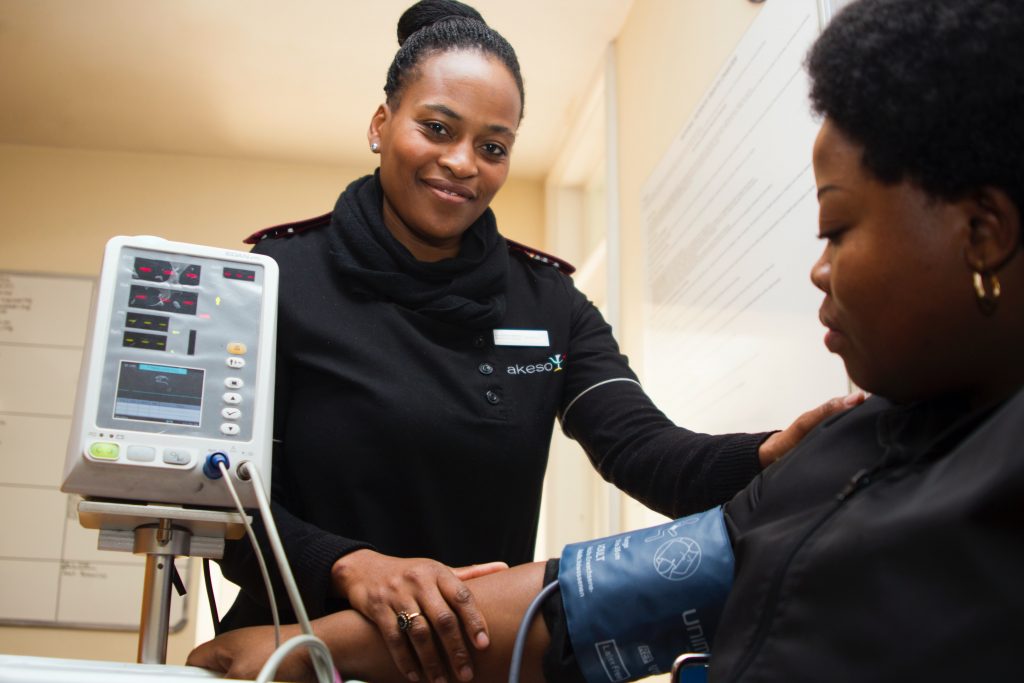The month of November is American Diabetes Month. For the millions of seniors who are at risk of getting it, it is time to get educated and know the risks of this diabetes epidemic. One in four seniors over the age of 65 are affected by diabetes. Senior citizens are at a greater risk for developing diabetes. One reason is because seniors have been exposed to sugar longer than other generations of people.
Diabetes is similar to that of high blood pressure as it can be described like a silent disease because symptoms do not present in a way that is noticeable until something goes wrong. Diabetes affects the body’s metabolism and how it is able to process food for the use of energy. This means that you body has a difficult time processing the sugar from the food that you eat. For this reason, your blood sugar levels are too high. Having too much sugar in your blood can have negative effects on your health and can also affect your lifestyle, from your diet to activity capabilities.
When a senior has diabetes, their body does not produce enough insulin or it does not use the insulin right away. The pancreas creates insulin, releases it into the bloodstream and then it helps absorb the glucose. Insulin helps convert the glucose into energy and also helps to keep blood sugar levels normal.
Type 2 diabetes is typically diagnosed in older people. It is the most preventable and treatable form of diabetes if it is caught and managed before it reaches a high level. Signs of type 2 diabetes are more likely to be gradual. Some symptoms of this form of diabetes includes:
- Blurred vision
- Fatigue
- Extreme thirst or hunger
- Increased urine patterns
Activity level, age, weight and genetics play a role in someone developing diabetes. Diabetes is the leading cause for kidney failure, lower limb amputation and adult-onset blindness. Many seniors with diabetes also have a cardiovascular disease.
If you have concerns that either you or a loved one may have the beginning signs of diabetes, speak with a doctor. Most healthcare professionals are on top of things when it comes to checking sugar levels in blood tests.
While there are no cures for diabetes, there are preventative steps you can take in a pre-diabetic stage. Some steps you can take today include:
- Exercise more – Get up and move
- Lose weight – Eat less fatty, high sugar foods
- Eat better – Choose healthier foods
As with any medical conditions, we encourage you to consult with your healthcare professionals when it comes to showing symptoms of pre-diabetic state or diabetes.

